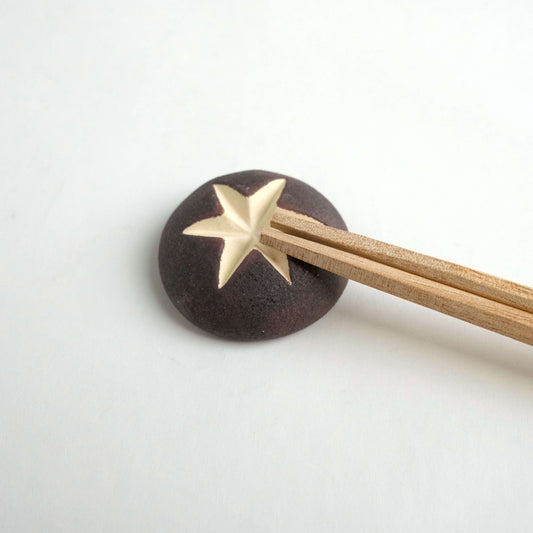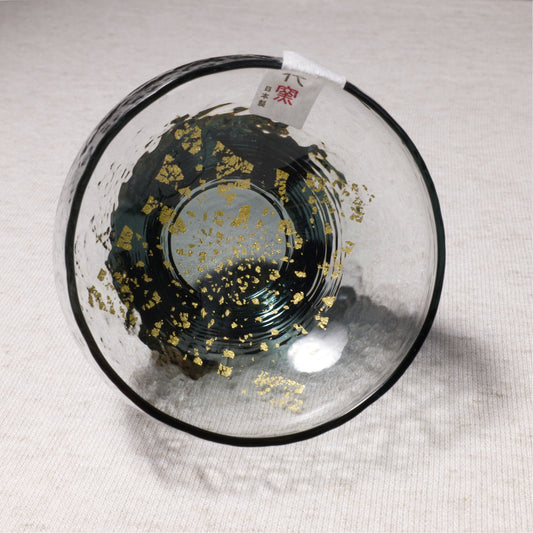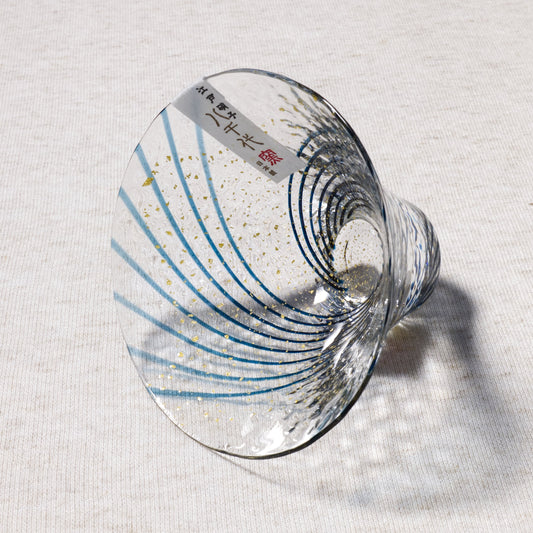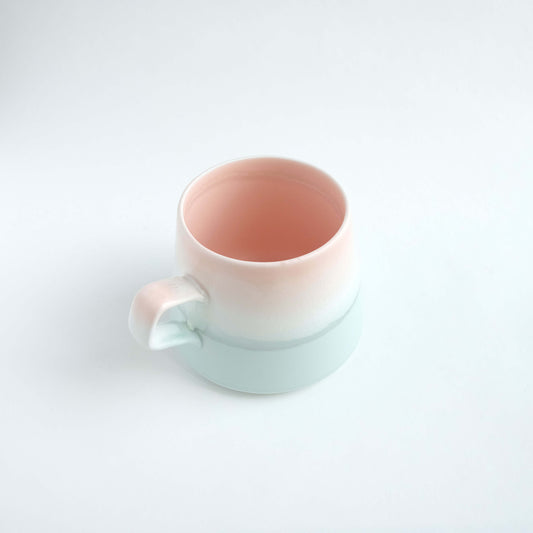
Why Handmade Still Matters in a Mass-Produced World
Share
The Quiet Comment That Stuck with Me
When I started Takuware and went to the bank to apply for a business credit card, the banker asked to see my products. Perhaps they weren’t to his taste, he quickly scrolled through the website and turned back to his computer without a word. As we were about to finish, he mentioned that he had another client who sold to Costco and generated a large revenue, and wished me the best of luck doing the same.
He meant it kindly. But that moment stuck with me, not because of the comparison, but because it made me realize how much our culture equates success with scale. Fast growth, big numbers, mass production.
Takuware, however, was created with a different vision: to celebrate intention, beauty, and the irreplaceable value of traditional craftsmanship, whether in the form of a handmade ceramic bowl or a carefully selected design that reflects the same ethos.
Celebrating Craftsmanship
Many of the items we offer at Takuware are made by hand, shaped by artisans across Japan who have spent years mastering their techniques. These potters often work in small studios, repeating the same motions day after day until a sense of flow and mastery is built into every gesture. They shape, glaze, and fire each piece with care and use methods passed down for generations.
Even the pieces in our collection that aren’t strictly handmade are chosen with the same level of intention. We partner with makers and workshops who value quality over quantity, and who uphold traditions of form, function, and regional identity.
When you use one of these items, whether handcrafted or thoughtfully curated, you’re connecting with something deeper: a legacy of care, patience, and beauty.
The Beauty of Imperfection
Mass-produced goods are made to be flawless. But in the pursuit of uniform perfection, something is often lost: character, texture, soul.
Handmade ceramics, especially in Japanese tradition, embrace irregularity. A glaze that drips a little unevenly. A shape that feels slightly different in the hand. These “imperfections” are signs of authenticity. They give a piece personality. In Japanese aesthetics, this is known as wabi-sabi. The appreciation of imperfection, impermanence, and the handmade. Each item becomes a quiet work of art that is never identical, and never boring.
A Relationship, Not Just a Transaction
There’s something grounding about knowing where your belongings come from. When you choose a handmade or carefully crafted item, you become part of its story. You support real people, the makers, craftspeople, and small businesses, while helping to preserve cultural heritage.
You also gain something that mass production can’t offer: a story. Where it came from. Who made it. Why you chose it. It becomes part of your daily rituals. These items become vessels not just for food, but for meaning.
Choosing Intention Over Scale
That quiet moment at the bank reminded me how easy it is to measure success by what’s fast, scalable, and widely distributed. But handmade and intentionally crafted things resist that narrative. They invite us to slow down. To notice. To choose objects that enrich the ordinary moments in our lives.
At Takuware, we’ll always honor the makers behind our products. Regardless they’re shaping clay by hand, preserving a regional firing style, or creating thoughtful designs that bring warmth to the table.
In a mass-produced world, choosing things made with care matters more than ever.








